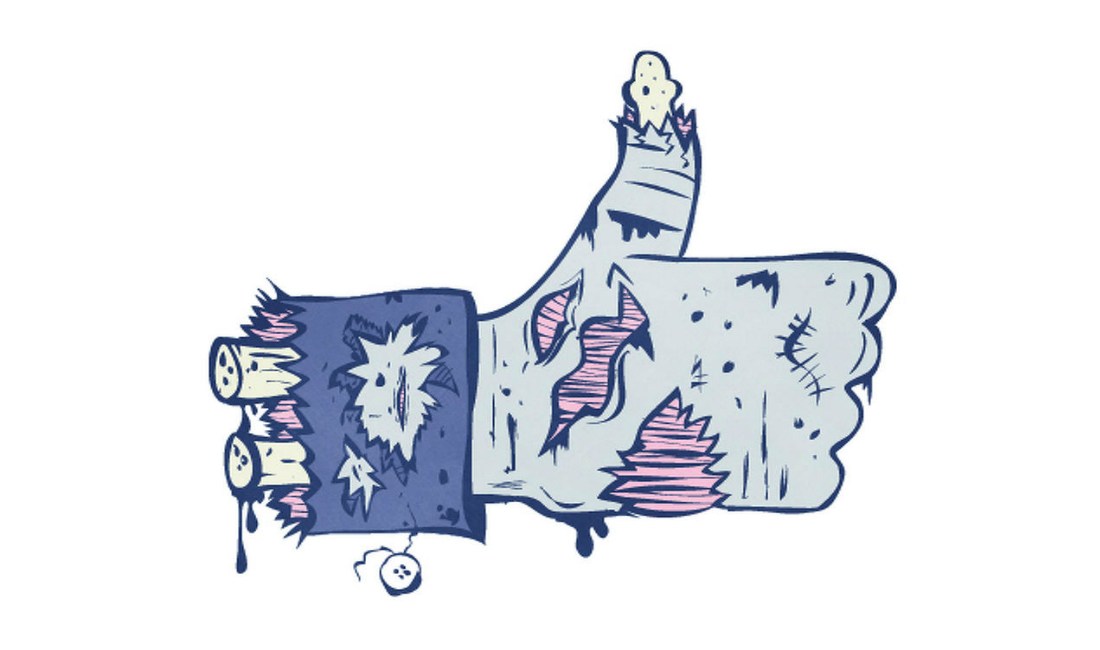 Reading Time: 2 minutes
Reading Time: 2 minutes
The $4 billion global social casino industry relies significantly on social media for its fortunes. Could a growing crisis at the world’s largest social media platform, one over its core business model of selling user data, be a thorn in the fledgling industry’s side?
Less than a decade ago, Facebook was deriving a whopping 19 percent of its revenue from Zynga, maker of social casino games such as Zynga Poker and other non-gaming titles such as FarmVille. As advertising dollars took over in the wake of the tech giant’s 2012 IPO, Facebook’s reliance on social games-makers for its revenue dwindled. On the other hand, social casinos still need Facebook for the time being.
More than $1 billion is now spent annually on customer acquisition (marketing), much of which flows to Facebook, according to research from Eilers & Krejcik Gaming. The group last year estimated that the social casino market would reach $4.6 billion by 2020, with play via Facebook/web accounting for only about $550 million of the revenue, or 12 percent. Back in 2012, Facebook/web accounted for 75 percent of the $1.3 billion social casino market.
Mobile has taken a big bite out of the share of social gaming revenue generated through Facebook. However, as of the fourth quarter of 2016, the money made thanks to the social media giant was still about 25 percent of the market, according to research from Eilers & Krejcik Gaming. It was about 29 percent for the entire calendar year. The more than $260 million in Facebook/web revenue for social casinos in Q4 2016 was down 10 percent compared to Q4 2015.
Federal lawmakers on both sides of the political aisle—and it’s a wide aisle these days—are concerned about Facebook’s role in influencing American political sentiment. There are calls for CEO Mark Zuckerberg to testify in front of Congress. The scandal related to Facebook’s sale of data to a firm linked to the Trump Campaign and former advisor Steve Bannon has ignited calls for users to delete their profiles. The founder of WhatsApp, who sold that platform to Facebook in 2014 for $16 billion, has even turned on the social networking juggernaut.
Scathing comments by exiled NSA leaker Edward Snowden also were gaining some steam in the media. “They are not victims,” he said of Facebook. “They are accomplices. Businesses that make money by collecting and selling detailed records of private lives were once plainly described as ‘surveillance companies’. Their rebranding as ‘social media’ is the most successful deception since the Department of War became the Department of Defense.”
Shares of the company fell by more than 12 percent in the wake of media reports, before recovering slightly as investors saw an opportunity to gamble and buy.
Social casino games are free to play, but players can purchase goods and services in-game to enhance the product. Unlike a real-money online gambling site that must segregate player deposits, a social casino wouldn’t let you cash out your chips or tokens.
The real-money online gambling market in the United States is worth less than $300 million annually, thanks to there being legal industries in just three states. Real-money play falls under great regulatory scrutiny. As that market slowly expands, some of the top players in the brick-and-mortar gambling space, such as IGT and Aristocrat Leisure, have entered the free-play gambling space through acquisitions. Other top casino brands have found partners.
Source: cardplayer.com
Source: European Gaming Industry News




